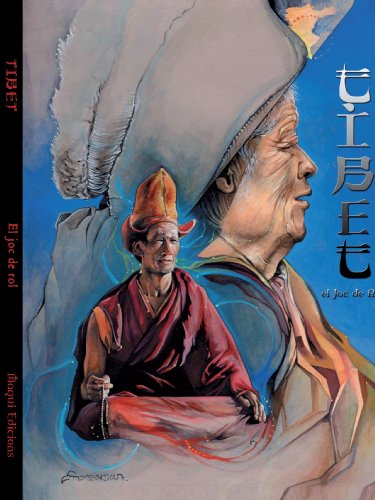
I thought I would re-post a review that I wrote some months ago of anthropologist Susan Kenyon’s 2012 longitudinal study of zar possession practices in Central Sudan, Spirits and Slaves in Central Sudan: The Red Wind of Sennar. A slightly edited version of this review appeared in print in Anthropology News, and was also featured on the periodical’s website. Since the online review appears to no longer be accessible, I am re-sharing it here so people more people read it and learn about zar and Susan’s book.
Zar spirits and ‘healing cult’ phenomena are compelling for many reasons. Zar is distinctly transnational in both its cosmological scope and actual practice, yet it is also tied to specific regional histories and experiences, to very specific lives and biographies. With its layered and cosmopolitan spirit cosmologies, zar possession reveals beautifully how history lives in the body, how legacies of colonialism and violence, of upheaval and encounters with the culturally other, are intimate, living presences that may come as afflictions but also as lovers, friends, helpers, and teachers in disguise. Zar provides material for the study of religious pluralism, it presents rich examples of the tense back-and-forths between affliction and accommodation, oppression and opportunity that have fascinated and challenged anthropologists (and well, everyone else) for generations. Zar’s particular approach to placating and accommodating spirits is a distinctly gendered phenomenon. Zar has been described both as a women’s ‘cult of affliction’ and as a form of women’s resistance, an empowering spiritual club for women and gender misfits (or in maybe more contemporary terms for ‘femmes’) which sits at times parallel and at times perpendicularly to mainstream Islam and its institutions Continue reading →





